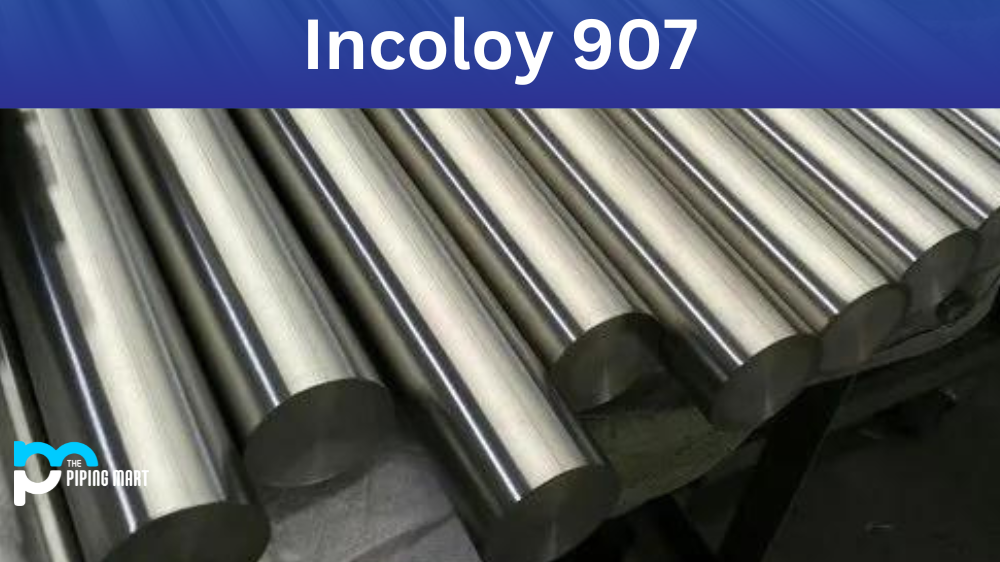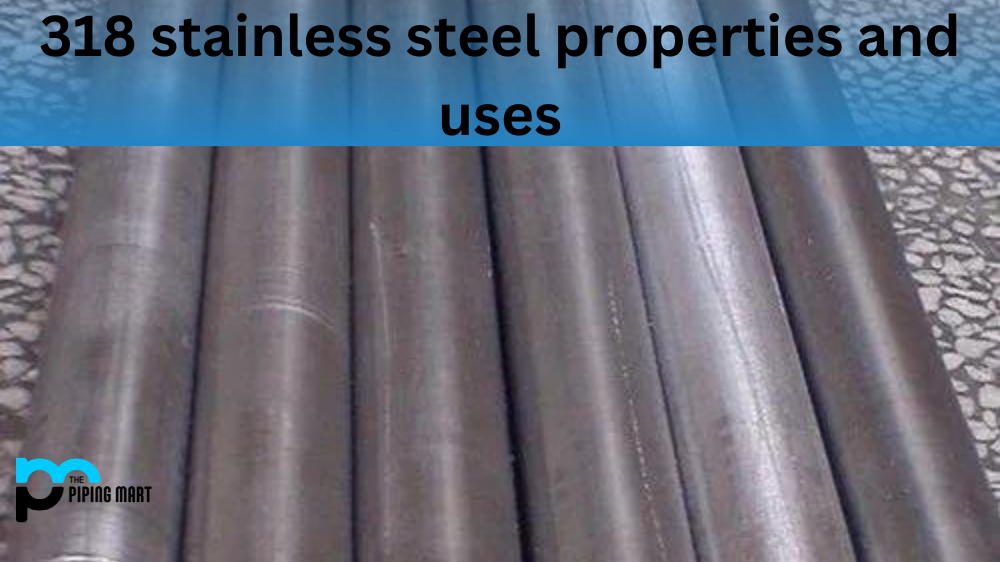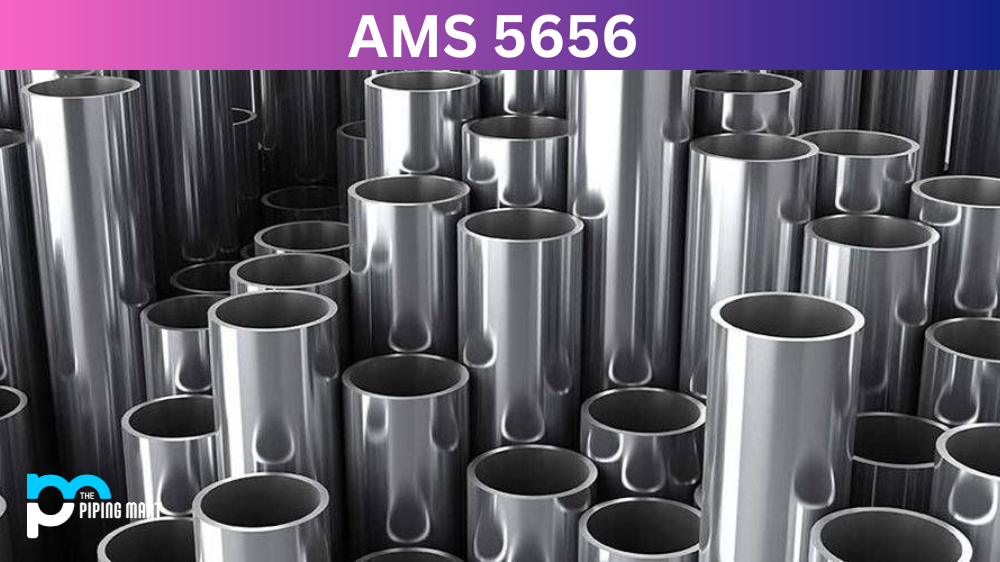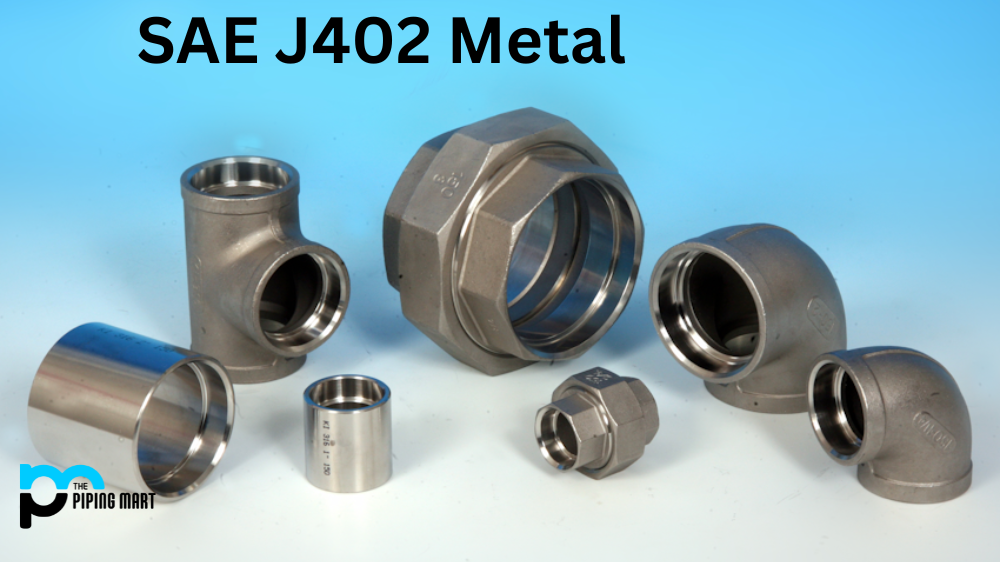UNS N19907 is an iron-nickel-chromium alloy with additions of molybdenum, copper and titanium. Developed for use in nuclear power plants, this alloy has excellent resistance to corrosion and oxidation at high temperatures, making it incredibly versatile in various industrial applications. Let’s take a closer look at the properties, uses, and machining techniques associated with Incoloy 907.
Incoloy 907 Composition
UNS N19907 is as follows: Nickel 58%, Chromium 19%, Molybdenum 13%, Iron 7%, Copper 2%, Titanium 1%. It also contains trace amounts of aluminium, manganese and silicon.
| Elements | Content (%) |
|---|---|
| Iron, Fe | 42 |
| Nickel, Ni | 38 |
| Cobalt, Co | 13 |
| Niobium, Nb | 4.7 |
| Titanium, Ti | 1.5 |
| Silicon, Si | 0.15 |
| Aluminum, Al | 0.03 |
Incoloy 907 Chemical Properties
This alloy is resistant to stress corrosion cracking and pitting caused by chloride ions in aqueous environments. It is also resistant to sulfide stress cracking due to its high nickel content.
Incoloy 907 Mechanical Properties
UNS N19907is an austenitic superalloy with impressive mechanical properties. It features a high chromium, nickel, and iron content to give it excellent tensile strength and yield even at high temperatures, making it an ideal choice for engineering applications such as gas turbines, pumps, compressors and rocket engines. Beyond this, it has superior corrosion resistance against saltwater and numerous chemicals, so components can stay functioning in even the harshest environments. As a result, Incoloy 907 positions itself as one of the most reliable go-to materials when seeking premium solutions in challenging applications.
| Properties | Metric | Imperial |
|---|---|---|
| Tensile strength (precipitation hardened, value at room temperature) | 1350 MPa | 196000 psi |
| Yield strength (@ strain 0.200%, precipitation hardened, value at room temperature) | 1100 MPa | 160000 psi |
| Poisson’s ratio | 0.36 | 0.36 |
| Elongation at break (precipitation hardened) | 10% | 10% |
| Reduction of area | 36 | 36 |
Incoloy 907 Physical Properties
UNS N19907 has good strength at elevated temperatures and good flexibility at low temperatures. It has a melting point range of 2200-2300°F (1204-1260°C) and an ultimate tensile strength range of 75-100 ksi (515-690 MPa).
| Properties | Metric | Imperial |
|---|---|---|
| Density | 8.33 g/cm³ | 0.301 lb/in³ |
| Melting point | 1385°C | 2525°F |
Incoloy 907 Thermal Properties
| Properties | Metric | Imperial |
|---|---|---|
| Thermal expansion co-efficient (@ 20-427°C/68-801°F) | 7.70 µm/m°C | 4.28 µin/in°F |
| Thermal conductivity | 14.8 W/mK | 103 BTU in/hr. ft².°F |
Incoloy 907 Uses
Common applications for this alloy include components for nuclear reactors, valves, fasteners, pumps, heat exchangers, furnace parts and more. It is also used in chemical processing equipment due to its superior corrosion resistance properties.
Corrosion Resistance
Incoloy 907 is a nickel-chromium-iron alloy with excellent corrosion resistance and high strength and hardness. It’s also highly effective in various temperatures and can withstand wear and tear even in harsh environments. Incoloy 907 can seamlessly transition from cryogenic temperatures to very high heat, so it’s perfect for most industrial applications. Not only does it have superior oxidation properties, but it’s also non-magnetic, so it’s ideal for various production processes. Above all else, Incoloy 907 is lauded by its users due to its great level of resistance to corrosive liquids, such as acids and alkaline solutions—which makes it the preferred choice for many challenging industries, like oil refining and chemical processing.
Heat Resistance
Incoloy 907 is an alloy of nickel and chromium, making it one of the most reliable heat-resistant materials on the market. With superior resistance to various corrosive assessments, it is an ideal material for extreme temperatures and high-pressure applications such as furnaces and reactors. The galvanic corrosion resistance makes it perfect for chemical processing equipment or where exposed to salt sprays. In contrast, the highest high creep-rupture strength makes it ideal for components pressed into service in harsh environments. In addition, due to its complex makeup and unique heat treatments, Incoloy 907 has enhanced ductility over other alloys with similar strength properties at elevated temperatures. Its superior performance in thermal conductivity makes it a great choice for heat exchangers, condensers and piping systems, combining impressive resistances with efficient heat transfer capabilities.
Heat Treatment
The heat treatment of Incoloy 907 is an important process for developing and maintaining its excellent mechanical properties. Controlled temperature exposure during heat treatment can enhance the alloy’s yield strength, fracture toughness, ductility, and fatigue life characteristics. Furthermore, with proper heat treatments in place, this high-performance alloy exhibits superior corrosion resistance even at elevated temperatures relative to standard stainless steel. Temperature ranges must be carefully monitored during heat treatment to ensure that the specified properties are achieved while avoiding costly strain hardening or damage due to thermal over-processing. The right combination of heating cycles and cooling rates can generate improved dimensional stability, superior hot workability and increased service life in components made of Incoloy 907.
Machining
This alloy can be machined using standard methods but may require slow speeds due to its hardening characteristics during machining operations.
Welding
Welding should be done under inert gas conditions such as argon or helium and preheating before welding operations. The weldability of this material is rated as fair due to the tendency for hot cracking when welding thicker sections of material.
Conclusion
In conclusion, Incoloy 907 is an extremely versatile material that can be used in numerous industries due to its excellent corrosion resistance properties at elevated temperatures. Its composition makes it ideal for nuclear reactors and other components that need exceptional strength and durability in harsh environments. Machining requires slow speeds due to its hardening characteristics, while welding should be done under inert gas conditions with preheating before welding operations. For those looking for an alloy with outstanding performance capabilities in tough environments, Incoloy 907 may just be the perfect option!

Abhishek is a seasoned blogger and industry expert, sharing his insights and knowledge on various topics. With his research, Abhishek offers valuable insights and tips for professionals and enthusiasts. Follow him for expert advice on the latest trends and developments in the metal industry.




